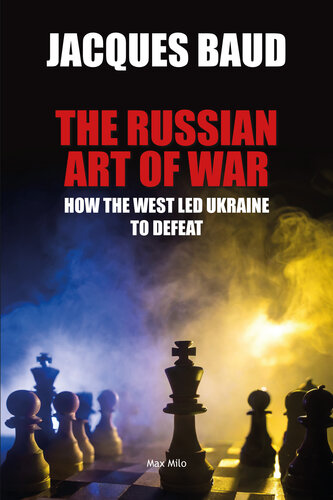MAMLUKS
prevail in place of belief, because the people of the faith, sunk in self- indulgence, preoccupied with pleasure and abandoned to luxury, had become deficient in energy and reluctant to rally in their defense, and had stripped off the skin of courage and the emblem of manhood – then it was God’s benevolence that He rescued the faith by reviving its dying breath and restoring the unity of the Muslims in the Egyptian realms (al- diyār al-Miṣriyya), preserving the order and defending the walls of Islam. He did this by sending to the Muslims, from this Turkish nation (al-ṭāʾifat al-turkiyya) and from among its great and numerous tribes, rulers to defend them and totally loyal helpers. They were brought from the House of War to the House of Islam under the rule of slavery (riqq), which hides in itself a divine blessing. By means of bondage they learn glory and blessing and are exposed to divine providence; cured by slavery, they enter the Muslim religion with the firm resolve of true believers and yet with nomadic virtues (akhlāq badawiyya) unsullied by debased nature, unadulterated with the filth of pleasure, undefiled by the ways of civilized living, and with their ardor unbroken by the profusion of luxury. The slave merchants bring them to Egypt in batches, like sand-grouse to the watering places (al-qaṭan naḥwa al-mawārid), and government buyers have them displayed for inspection and bid for them, raising the price above their value. They do this in order not to subjugate them, but to intensify loyalty, increase power, and strengthen zeal. They choose from each group, according to what they observe of the characteristics of the race and the tribes. Then they place them in a government barracks where they give them good and fair treatment, educate them, have them taught the Qur’an and kept at their religious studies until they have a firm grasp of this. Then they train them in archery and fencing, in horsemanship, in hippodromes, and in thrusting
with the lance and striking with the sword until their arms grow strong and skills become firmly rooted. When the masters know that they have reached the stage of readiness to defend them, even to die for them, they double their pay and increase their grants (iqṭāʾ), and impose on them the duty to improve themselves in the use of weapons and horsemanship, and so also to increase the number of men of their own races (ajnāsihim) in the realm for that purpose. Often, they place them in service to the state and appoint them to high offices. Some of them are chosen to sit on the throne of the Sultans and direct the affairs of the Muslims, in accordance with divine providence and with the mercy of God to His creatures. Thus, one intake succeeds another and generation follows generation, and Islam rejoices in the benefit which it gains through them, and the branches of the kingdom flourish with the freshness of youth.1
Ibn Khaldun’s praise for this cadre of slave-soldiers was not meant as effusive acclaim of utopian guardians or gratitude for sanctuary offered to a refugee. He credited these individuals for providing security to the Islamic heartland from conquest by unbelievers and salvation from moral decay on the part of indigenous Muslims themselves. The characteristics Ibn Khaldun attributed to these slave-soldiers encompass the qualities he found requisite to the revitalization of Islam as a religion and the endurance of the polity necessary for its fluorescence in his own day.
The survey that follows examines these qualities in the context of the regime in which they achieved their fullest development: the Sultanate that ruled Egypt, Syria, and the Arabian hinterland along the Red Sea from 648/1250 to 922/1517. The institution of Mamluk military slavery had its origins centuries earlier in the centralized Caliphate during the formative era



Comments
Post a Comment
Only substantial and serious comments will be accepted .